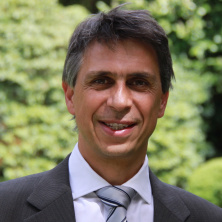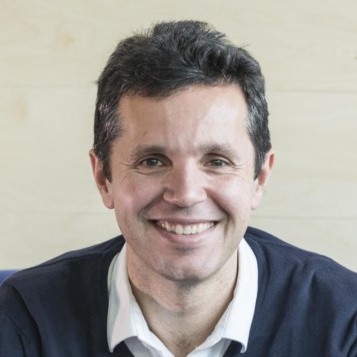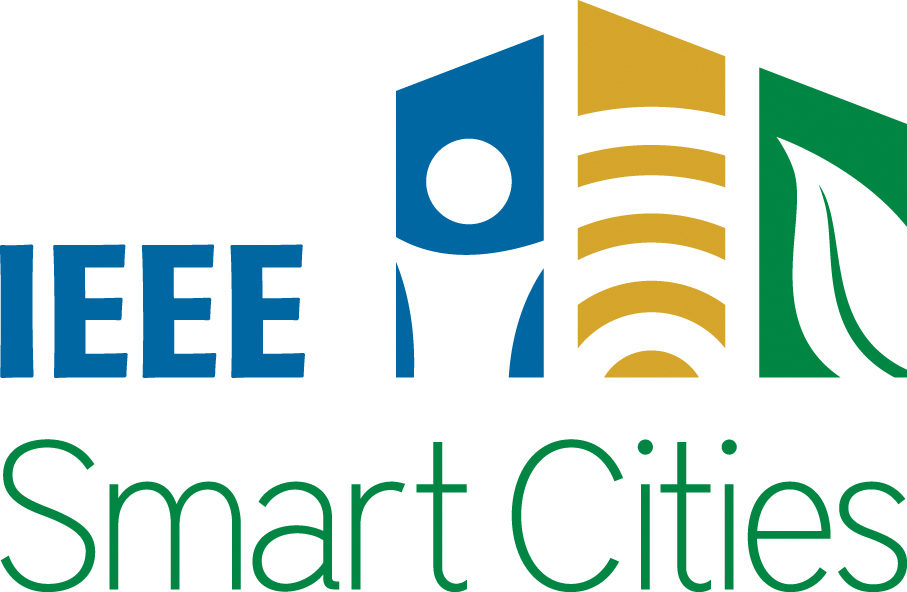Keynote Speakers
Keynote 1 – A Tale of Smart Cities: The Role of Electrical Energy and Electrification
Tuesday, 29 September
The energy industry in undergoing major transformations due to a number of drivers, including the push for decarbonization and the effects climate change are having on communities around the world. Electric utilities like Commonwealth Edison (ComEd), are developing significant innovations and making groundbreaking discoveries when it comes to energy technology and the smart city. These new and emerging technologies are being designed to address the realities of climate change, the increased frequency of cyber-security threats, and public health concerns regarding COVID-19.
In this keynote address, Dr. Shay Bahramirad, Vice President of Engineering and Smart Grid at ComEd, will provide the opportunity for conference attendees to learn more about beneficial electrification, the connected communities that are working toward achieving decarbonization, and the latest energy technologies that are making the smart city dream into a reality. This keynote speech provides unique insight into what utilities and stakeholders are doing to promote widespread decarbonization and smart city technology today.

Shay Bahramirad
Short bio:
Dr. Shay Bahramirad is the Vice President of Engineering and Smart Grid at Commonwealth Edison. She holds executive responsibility for ComEd’s grid engineering, planning, and reliability functions, as well as developing the vision of grid of the future, emerging technology roadmaps, and investment strategies. Shay serves as a strategic business leader in ComEd, working on the 21st century power grid transformation and the new energy economy. She is Vice President of New Initiatives and Outreach at IEEE PE and an Editorial Board Member of Electricity Journal. Dr. Bahramirad is also an Adjunct Professor at the Illinois Institute of Technology and holds multiple advanced degrees, including a Ph.D. in Electrical Engineering from the Illinois Institute of Technology.
Keynote 2 – Regulatory & Policies Impacting Smart Cities and Clean Energy
Wednesday, 30 September
GHG emissions have been historically peaking year on year despite the massive availability of highly competitive low carbon energy technologies. Beyond clean technologies, achieving climate neutrality requires a profound policy driven societal transformation that can only achieved by a holistic and multidisciplinary redefinition of our governance systems, social organization, lifestyles, values and behaviors. Cities have been at the forefront of the Clean Energy Transition and constitute a privileged living laboratory to experiment optimal transformational pathways to climate neutrality. The session will put in perspective the state of play and highlight the need for a systemic transformational approach to address the climate challenge ahead of us.

Adel El Gammal
Short bio:
Adel El Gammal is the Secretary General of the European Energy Research Alliance (EERA). EERA is the strategic pillar of the EU Strategic Energy Technology Plan and coordinates Research activities between 250 Research Organisations and Universities across 30 countries in Europe. Adel El Gammal is a recognized expert and a senior EU Affairs professional in the fields of low carbon technologies, energy transition, and climate change. Before joining EERA, Adel was active for the last 11 years in the EU climate energy debate, notably as Director of the Becquerel Institute, an advanced consultancy on the role of PV in the energy transition, Executive Director of LowCarbonFacts (an ECF funded programme) and Secretary General of the EU Photovoltaic Industry Association (EPIA, now SolarPower Europe). Before focusing his activities on renewable energy and the energy transition, Adel held various international executive positions in blue chip companies active in the field of IT and Management Consulting. Adel is civil engineer from Ecole Polytechnique of Brussels, holds degrees in Business Administration from Solvay Business School (Belgium) and Insead (France) and later specialized in Environment Management (IGEAT, Belgium).
Keynote 3 – Smart Mobility beyond Covid-19: where is our yellow brick road?
Thursday, October 1
Less than a year ago, mobility trends around the world seemed quite clear: 51 million connected cars shipped in 2019, shared mobility a la Uber, Lyft and Didi growing fast in many countries, and billions of dollars of venture capital and corporate investment poured into developing autonomous vehicles and racing them to the market. With the Covid-19 pandemic everything changed from one day to another. While it’s clear that our human society will continue to move large numbers of people and goods, nobody really knows how mobility will look like even six months from now let alone one year.
In this keynote, we will start by exploring the available data on how the pandemic is changing the mobility landscape in the near-term. After formulating a few scenarios for the aftermath, we will draw from eight years of experience deploying city-scale networks of connected vehicles to illustrate how the convergence of transportation, communication and computation continues to offer unparalleled opportunities for smarter and more sustainable mobility services — all of which indispensable for us to face the very real and enormous challenges of climate change.

João Barros
An award-winning wireless engineer, academic leader and passionate entrepreneur, João loves to turn complex theorems and algorithms into products and services that can make a real difference in people’s lives. After more than a decade developing new wireless networking technologies at Technische Universitaet Muenchen, Universidade do Porto, MIT, and Carnegie Mellon, João founded an award-winning venture-backed startup, Veniam, where he serves as CEO. His work has led to 180 science and technology papers, as well as feature articles by NPR, BBC, MIT Technology Review, The Atlantic, and TechCrunch.
João Barros has received several awards, including the 2010 IEEE Communications Society Young Researcher Award for the Europe, Middle East and Africa region, the 2011 IEEE ComSoC and Information Theory Society Joint Paper Award, the 2012 BES National Innovation Award, the 2013 Building Global Innovators Grand Prize (ISCTE-IUL and MIT) and a state-wide best teaching award by the Bavarian State Ministry of Sciences, Research and the Arts.
João Barros has a Ph.D. degree in Electrical Engineering and Information Technology from the Technische Universitaet Muenchen (Germany), his undergraduate education in Electrical and Computer Engineering from the Universidade do Porto, Portugal and Universitaet Karlsruhe, Germany, and a performing arts degree in flute from the Music Conservatory of Porto, Portugal.

